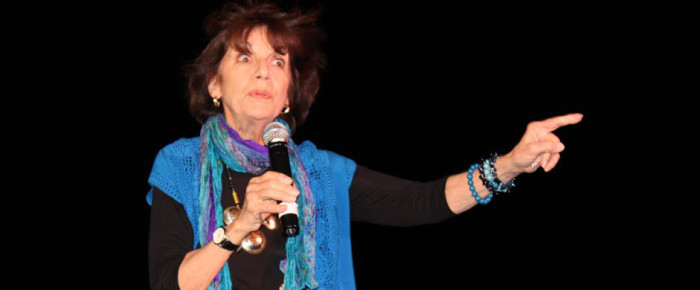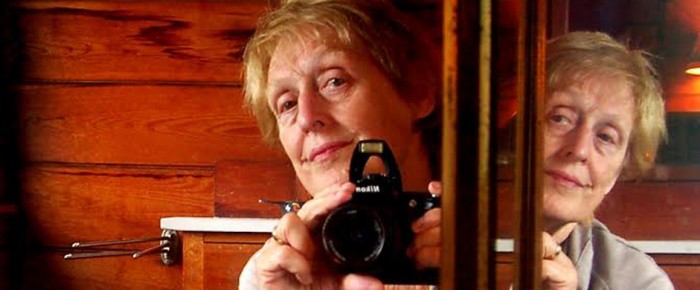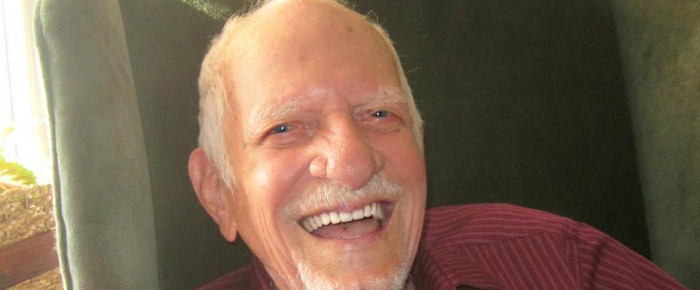Betty Corwin is going to turn 97 this month, but she says she still feels like a baby. “If you feel young, you are young,” says the native New Yorker,…
Read moreA Greek immigrant tells stories to bring people together

Barbara Aliprantis jokes that she started listening in utero. She was born with a superb memory, an expressive voice, and a vivid imagination – the recipe for the perfect storyteller.…
Read moreA language lover uses her passion to help immigrants succeed

Elizabeth Schwartz, a 64-year-old native New Yorker, has always had a fascination with languages. She majored in French in college, she has traveled to four continents, and she is proficient…
Read moreNY artist says to make your life a masterpiece, listen to yourself

Carol Crawford, originally from Buffalo, NY, has been creating art ever since she can remember. She inherited her talent from her father – an artist and calligrapher. “I used to…
Read moreAn iconic Colombian photographer finds new life in NYC at 92

Nereo López isn’t a typical 92-year-old; he’s more like a typical young, starry-eyed artist who wakes up at noon and gets inspiration from everything around him. His small frame is…
Read more